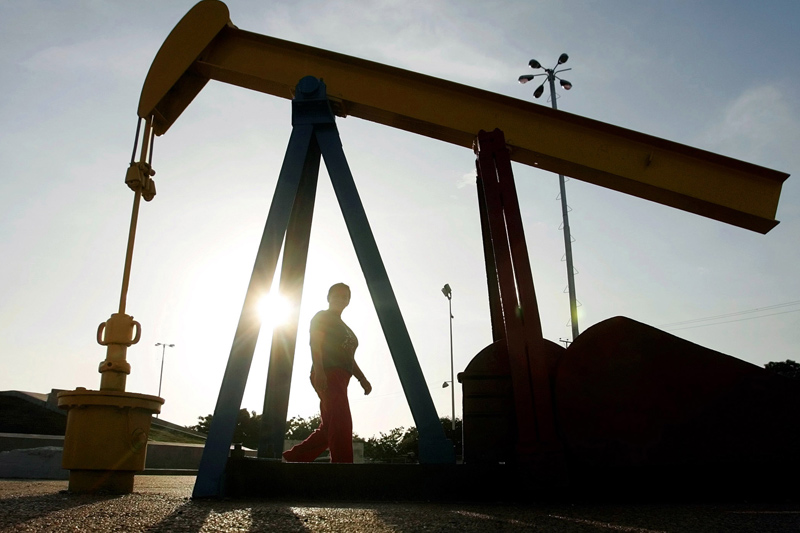By David Kashi - Iraq’s oil exports hit a 25-year high in February, according to a high-ranking Iraqi official. The news comes as experts say the embattled country has the potential to become the fastest growing crude oil exporter in the world.
"Production in February was 3.5 million barrels per day, and we exported 2.8 million barrels per day," the deputy prime minister for energy affairs, Hussein al-Shahristani, told reporters on Saturday in the southern port city of Basra, according to Global Energy World.

Iraq is not only poised to ramp up its production faster than any other nation, it has the potential to become the world's largest crude exporter, according to a recent report by U.K.-based bank Standard Chartered PLC (LON:STAN). Between now and 2035, Iraq could potentially generate approximately $5 trillion in oil revenue, or about 40 times the country’s 2010 GDP, according to International Energy Agency estimates from October 2012.
“Not only does Iraq have massive oil reserves, extremely favorable geology makes its crude oil among the cheapest in the world to exploit,” the report said. The IEA estimates that the investment required for a new energy supply infrastructure will total more than $530 billion.

But if Iraq wants to become an oil-production leader, it will have to overcome political instability, and it must first of all stop attacks on its oil infrastructure. Already the latest projections put Iraq’s crude output at 6.08 million barrels per day (mmbd) by 2017, about half of the 12 million barrels a day that were previously forecast.
While Iraq faces challenges and setbacks, the report points to new fields coming online that will help increase production, offsetting the recent shortfall.

"One advantage Iraq’s oil fields have over the rest of the world is its geology, which makes drilling less complicated and expensive than in countries like the U.S., Canada and Brazil," the report said. "Furthermore, Iraq’s crude requires less-intensive refining than competitors. Estimates from the U.S. Energy Information Administration show the sharp difference in average exploitation costs between Iraq (less than $5 per barrel of oil) and anywhere in the world, including the rest of the Middle East.”

